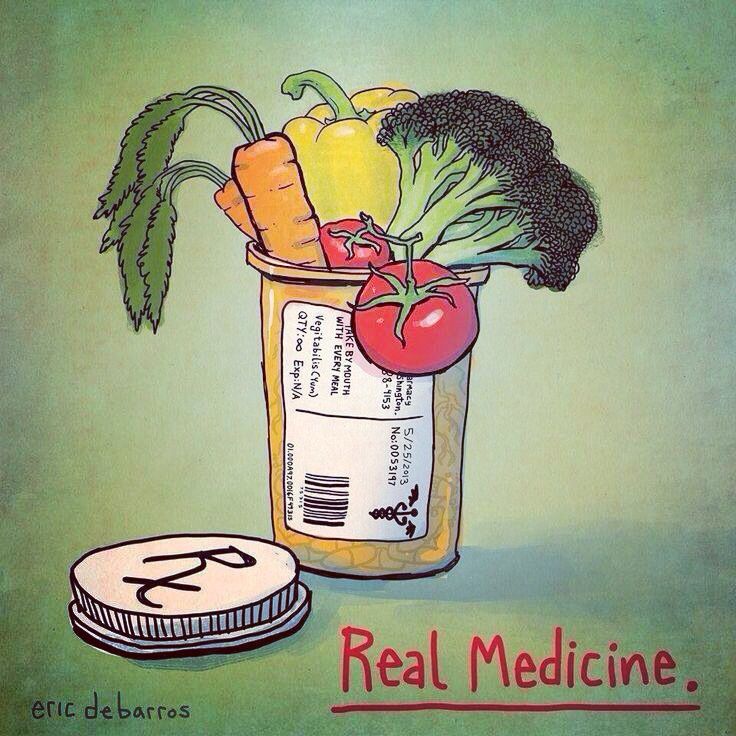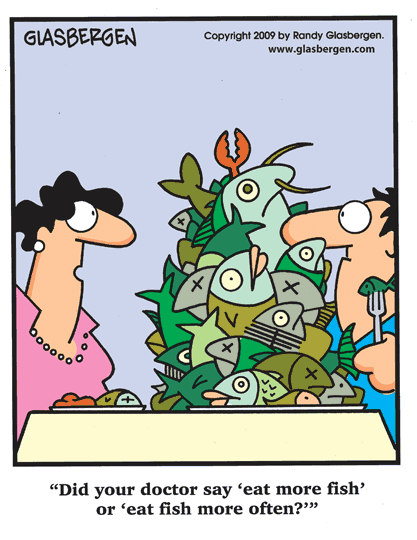How much does your doctor know about nutrition? Not very much, a new study shows
By Jennifer Abbasi
A poor diet now outranks smoking as the leading cause of death globally and in the United States, according to the latest data. Yet a recent systematic review of studies suggests that medical students in countries around the world haven’t  been getting the education they need to counsel patients on healthy eating.
been getting the education they need to counsel patients on healthy eating.
Why This Matters
It’s possible that improved diets could prevent more than 1 in 5 deaths worldwide every year. Physicians are in a position to provide their patients with dietary advice or referrals to nutrition professionals, but prior studies suggest that they lack the necessary training.
The Design
The recent analysis, which appeared in The Lancet Planetary Health, included studies on nutrition education published in late 2012 through 2018 that evaluated
- Recently graduated or current medical students’ nutrition knowledge, attitudes, skills, or confidence in nutrition or nutrition counseling
- Their perceptions of nutrition education
- Medical school nutrition curriculum initiatives
The researchers scoured the literature, but only 24 studies made their cut. The studies took place in the United States (11), Europe (4), Australia (4), New Zealand (2), Africa (1), Asia (1), and the Middle East (1).

If only the doctor prescribed vegetables and fruits.
What We’ve Learned
No study objectively measured whether medical students were competent in nutrition care, but future physicians themselves said that their training left a lot to be desired. They reported little priority given to nutrition education, an absence of scientific rigor in the curriculum, and a lack of faculty devoted to the subject. They also said they witnessed little or no nutrition counseling in clinical practice while shadowing physicians.
The studies consistently showed that
- Around the world, medical students often don’t get adequate nutrition training.
- The lack of nutrition education affects their knowledge and skills—and their confidence to provide nutrition care in routine clinical practice.
- The nutrition curriculum initiatives that do exist can have a modest benefit on outcomes like students’ nutrition knowledge and their confidence and competence in dietary counseling. However, no studies have looked at the long-term outcomes.
What the Researchers Say
According to the review’s lead author, Jennifer Crowley, PhD, of the University of Auckland in New Zealand, it’s often up to individual medical schools to decide whether they’ll integrate nutrition education into the curriculum. While some schools may have extensive nutrition programs, many don’t. “Unsurprisingly, medical students’ nutrition knowledge, skills, and confidence to counsel patients in nutrition are all highly variable,” she said.
One nutrition education curriculum initiative stood out as a potential model for success. Its hands-on cooking and nutrition education improved students’ competencies for counseling patients on nutrition (and reduced their own soft drink consumption). Further studies are needed to bear out the program’s long-term outcomes for both medical students and patients.
Crowley said their findings suggest that “despite the importance of nutrition for healthy lifestyles, graduating medical students are not supported with the required nutrition knowledge and skills to be able to provide effective nutrition care to patients.”
 Investing in the Future
Investing in the Future
To overcome this problem, Crowley said medical schools need
- An institutional commitment to providing nutrition education
- A required level of nutrition knowledge for medical graduates
- Competency-based nutrition curricula
The authors also suggested developing a global benchmark for nutrition knowledge among medical students.
In an accompanying article, Stephen Devries, MD, of the Gaples Institute for Integrative Cardiology in Deerfield, Illinois, pointed out that interest in nutrition was “uniformly high” among medical students in the studies. “But,” he added, “without a solid foundation of clinical nutrition knowledge and skills, physicians worldwide are generally not equipped to even begin to have an informed nutrition conversation with their patients and to fully identify opportunities for referral.”
___________________________________________
Credit: JAMA Network.





















